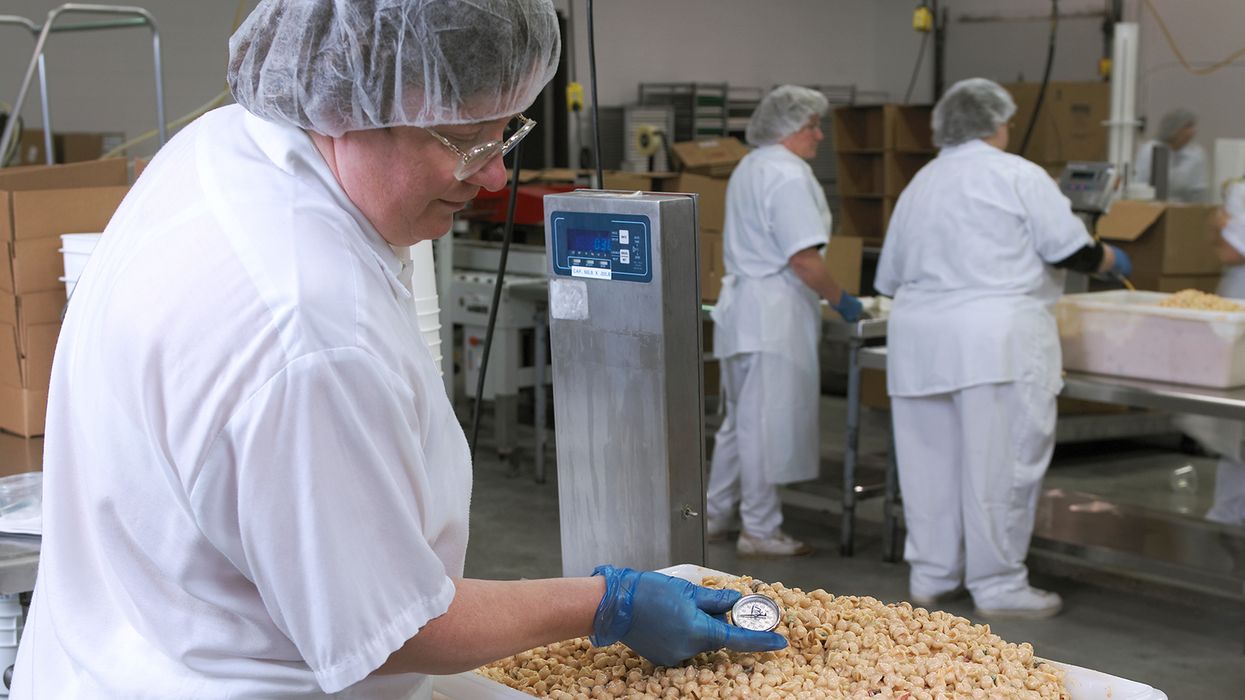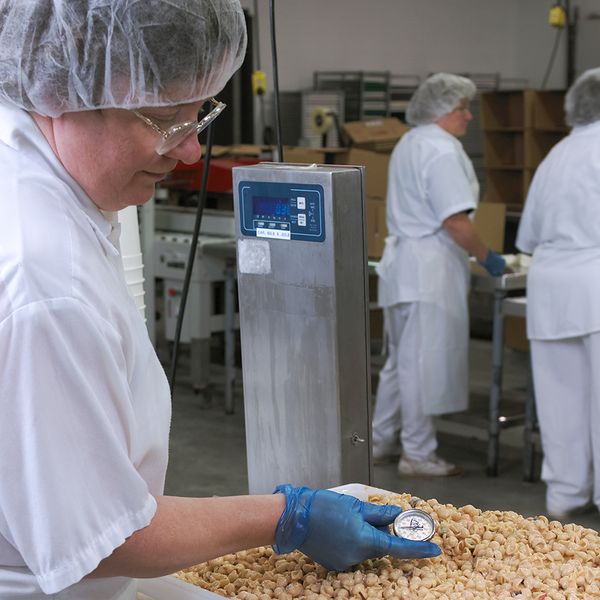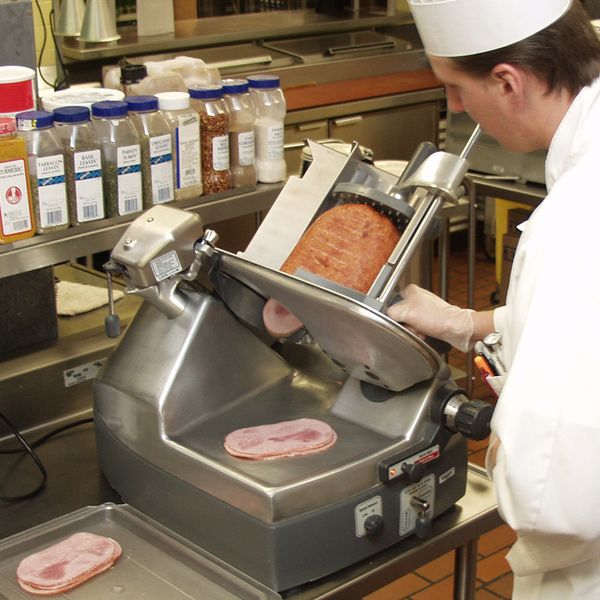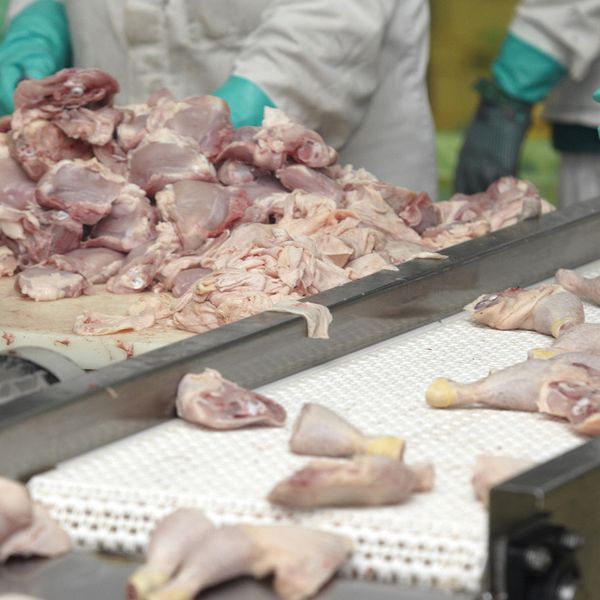Food Safety Hot Topics: October 2024 Edition
The Food and Drug Administration (FDA) is reorganizing its internal departments to better highlight nutrition's role in addressing diet-related diseases, strengthen state partnerships, and adopt advanced food and agricultural technologies to improve food safety in the more than 80 percent of the U.S. food supply it regulates. This restructuring aims to improve its ability to regulate and ensure food safety, particularly concerning inspections, investigations, and imports.
As of October 1, 2024, the FDA launched the unified Human Foods Program, a new model designed to enhance field operations and modernization efforts. This initiative focuses on science-based strategies to prevent foodborne illnesses, reduce chronic diseases related to diet, and ensure the safety of chemicals in food. The program prioritizes areas where interventions can most effectively prevent disease and promote public health. By streamlining efforts and improving resources, the FDA is confident that the Human Foods Program will better safeguard consumers and strengthen the agency's ability to fulfill its public health mission.
Meanwhile, The U.S. Department of Agriculture's (USDA) strategic goals for the next four years will focus on reducing illnesses related to meat, poultry, and egg products, enhancing inspection systems, and ensuring compliance with food safety regulations. The USDA is refining its approach to reduce Salmonella illnesses linked to poultry more effectively and using data to guide its decisions, regulations, and outreach efforts.
Recalls
Did you know that according to the USDA, 1 in 6 Americans get foodborne illness yearly? Both agencies have been busy over the last quarter, July – September 2024. The USDA issued 11 food safety-related recalls, while the FDA issued 47 recalls. Food recalls involve removing foods from the market that violate FDA and/or USDA regulations. The combined top reasons for food safety recalls over the past quarter from each agency included the following reasons (click on the hypertext below to read more about an actual recall):
J.J. Keller offerings
J.J. Keller offers a third-party gap assessment to help customers identify issues like improper food handling, inadequate refrigeration, and poor sanitation that can lead to pathogen contamination. Our food safety plan development or review service also provides a comprehensive framework to prevent foodborne illnesses, covering hazard analysis, critical control points, monitoring, and training.
We also assist with developing or reviewing customers' foreign supplier verification program (FSVP) plan to ensure imported food products meet U.S. food safety standards. This can help customers avoid problems like illegal imports and undeclared allergens and ingredients.
Q4 activities look ahead
The USDA held a virtual Fruit and Vegetable Industry Advisory Committee meeting on October 8, 2024, to discuss food safety. Meanwhile, the FDA reminds animal and human food facilities to register or renew their Food Facility Registration (FFR) by December 31st.
On October 1st, the FDA introduced a new, streamlined approach for processing complaints to better protect public health related to FDA-regulated products. USDA-regulated facilities must ensure inspections occur during all slaughter and processing activities and seek USDA approval for most product labels before marketing them.
Key to Remember
The FDA is restructuring to address nutrition-related diseases better, strengthen state partnerships, and enhance food safety through advanced technologies, while the USDA is focusing on reducing foodborne illnesses, particularly from poultry, and improving inspection and compliance systems over the next four years
























































